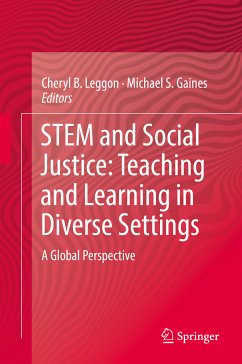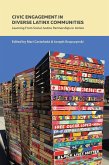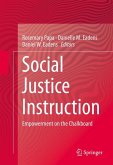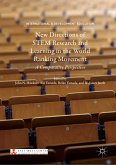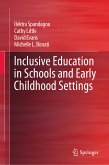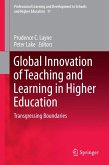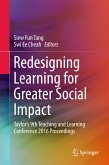This volume focuses on selected innovative programs designed to augment the science, engineering, engineering and mathematics (STEM) workforce through increasing and enhancing the participation of under-represented groups. The programs span the STEM career pathway-primary, secondary, and tertiary education-and professional development and socialization-in the United States, South Africa, and New Zealand. Similarities as well as differences between and among programs across nations will be systematically analyzed for lessons learned. The conceptualization for this volume developed over the past several years during various international conferences-starting in Havana, Cuba in 2006, and continuing at meetings in Japan (2014), South Africa (2013 and 2015), and New Zealand (2015).
Dieser Download kann aus rechtlichen Gründen nur mit Rechnungsadresse in A, B, BG, CY, CZ, D, DK, EW, E, FIN, F, GR, HR, H, IRL, I, LT, L, LR, M, NL, PL, P, R, S, SLO, SK ausgeliefert werden.

